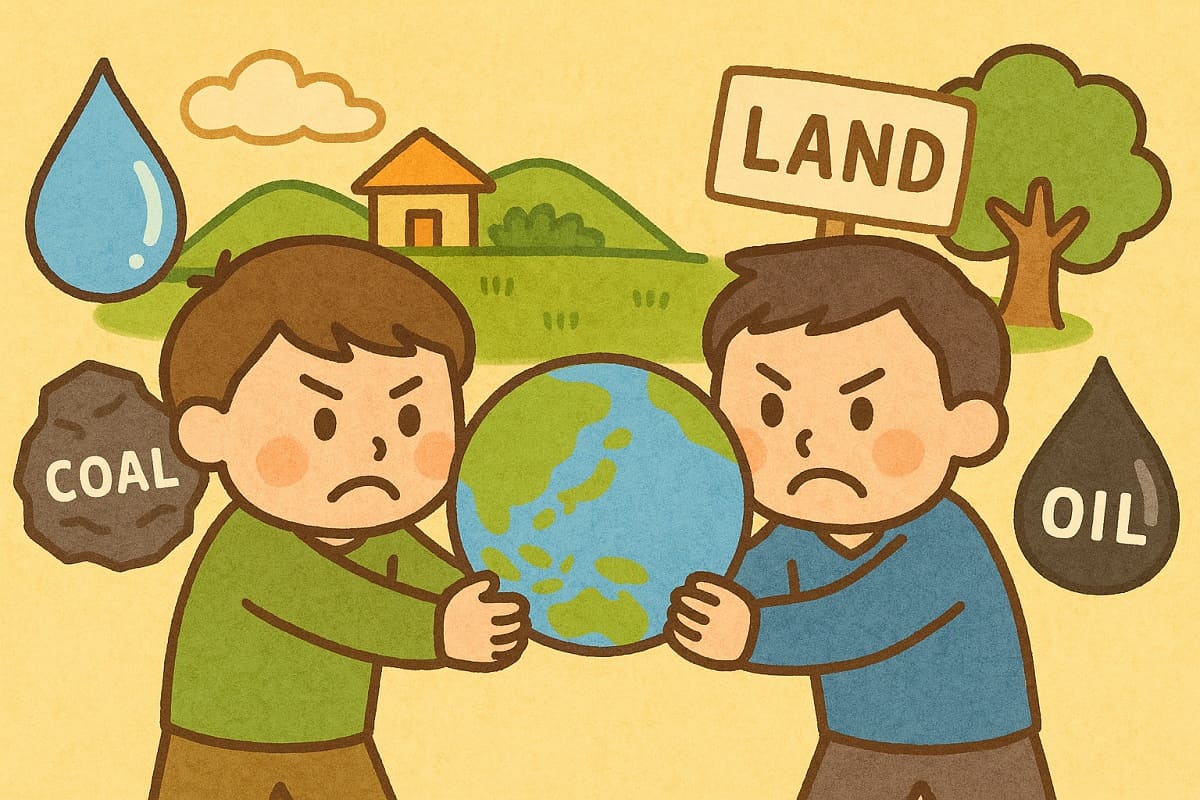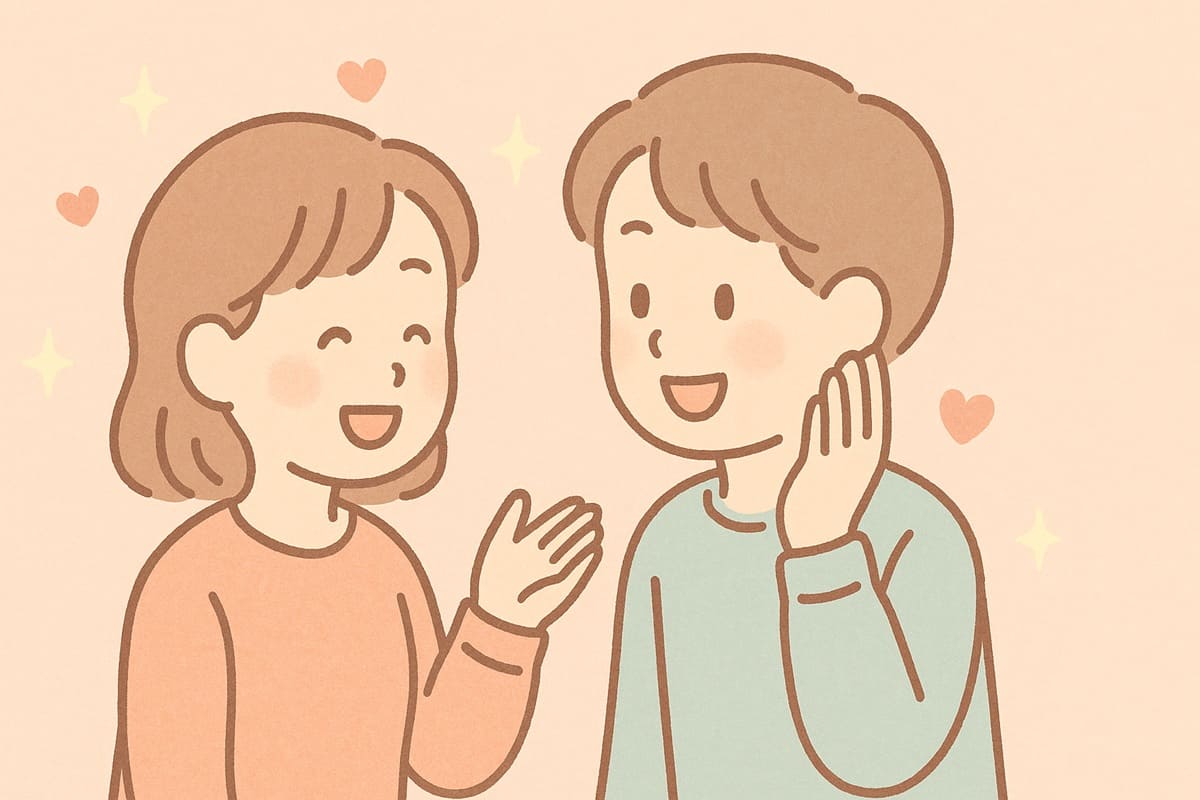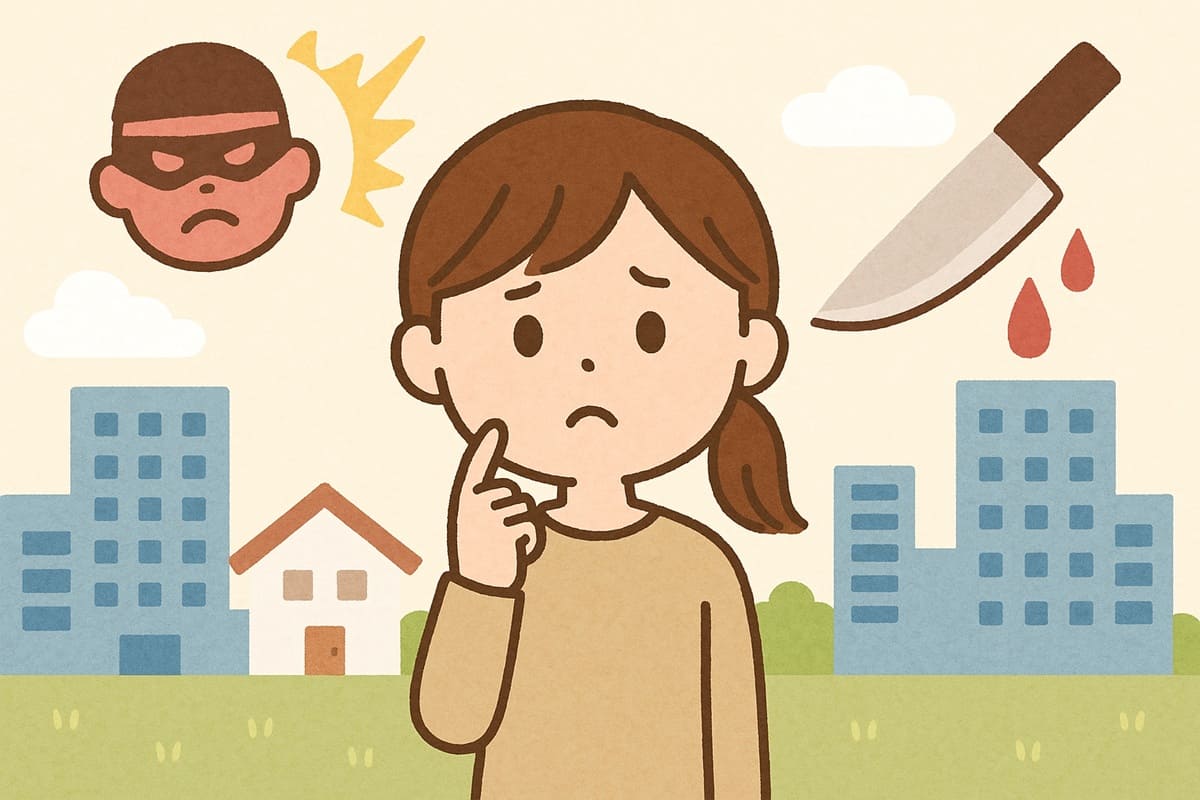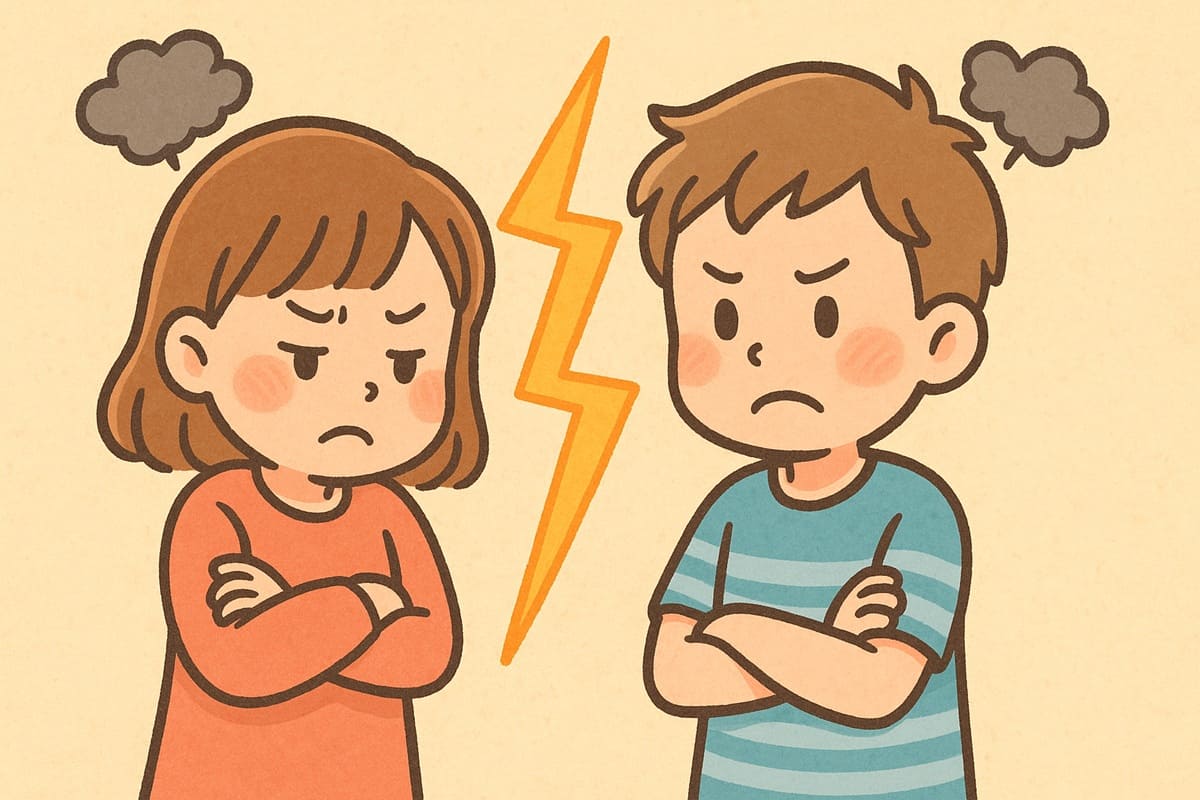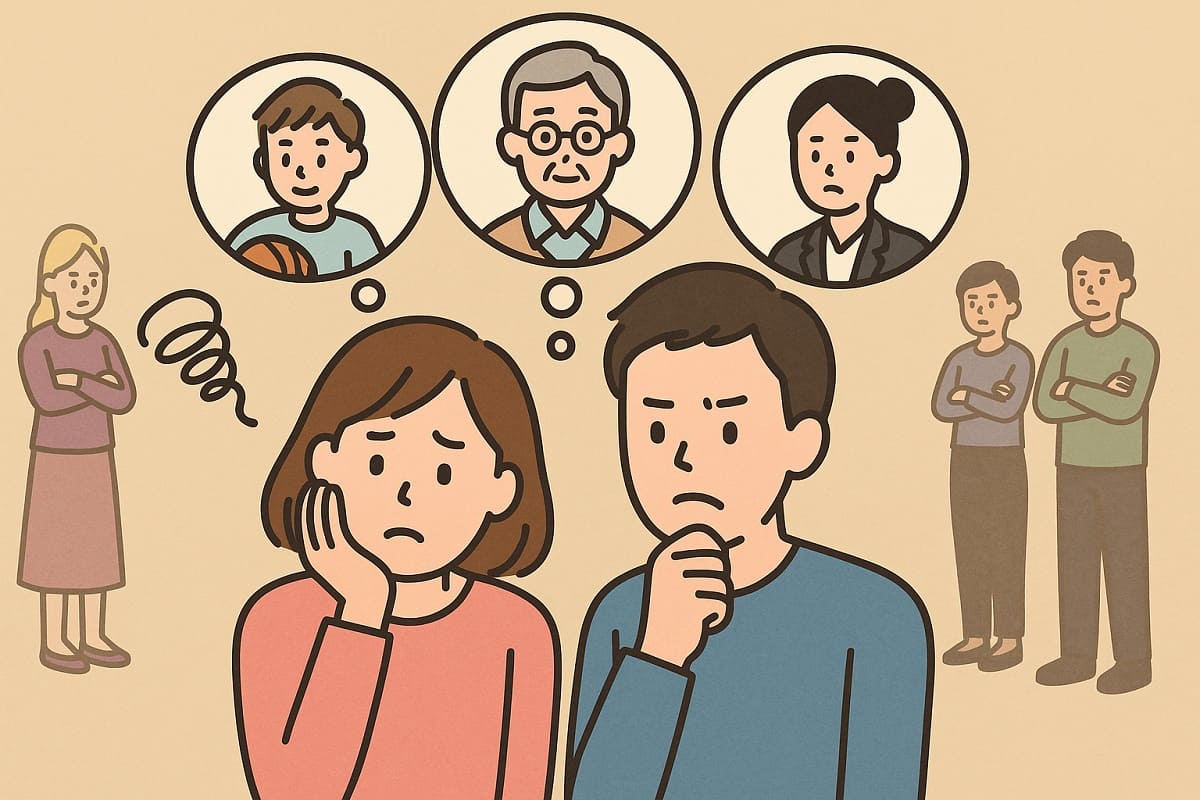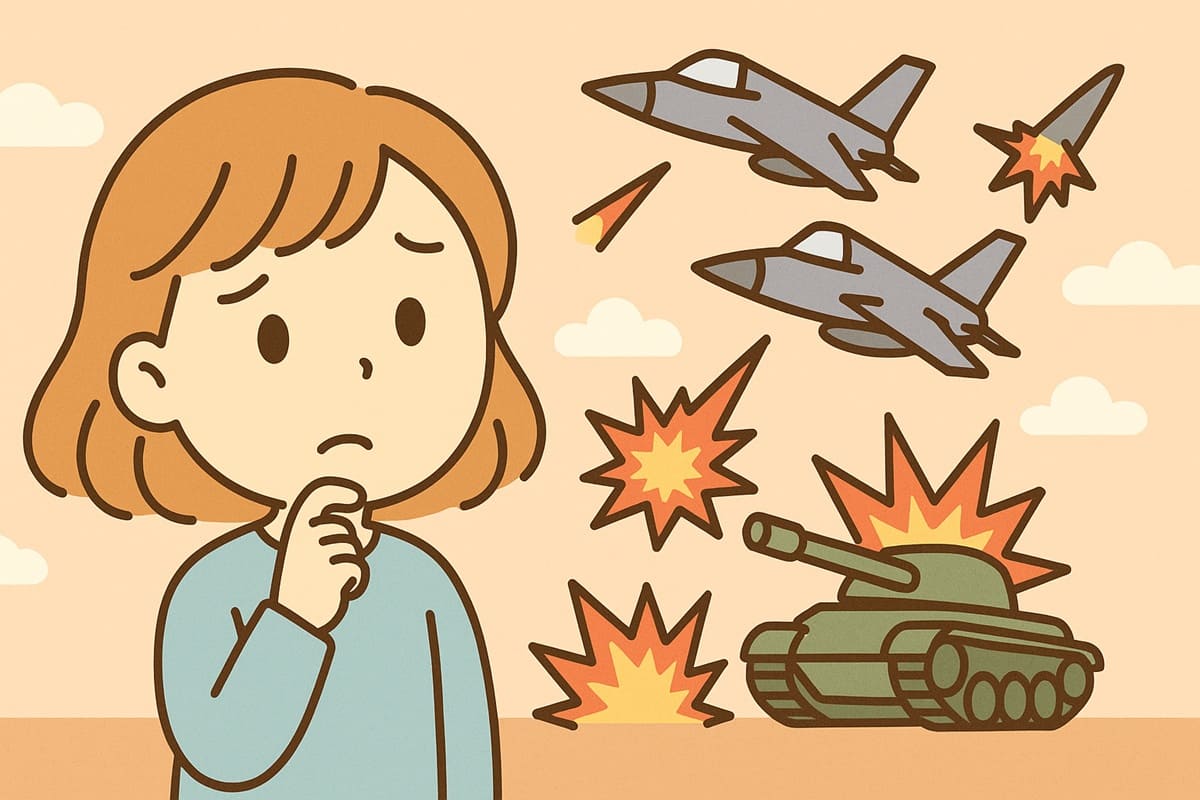Is the “Clash of Civilizations” Truly Unavoidable?
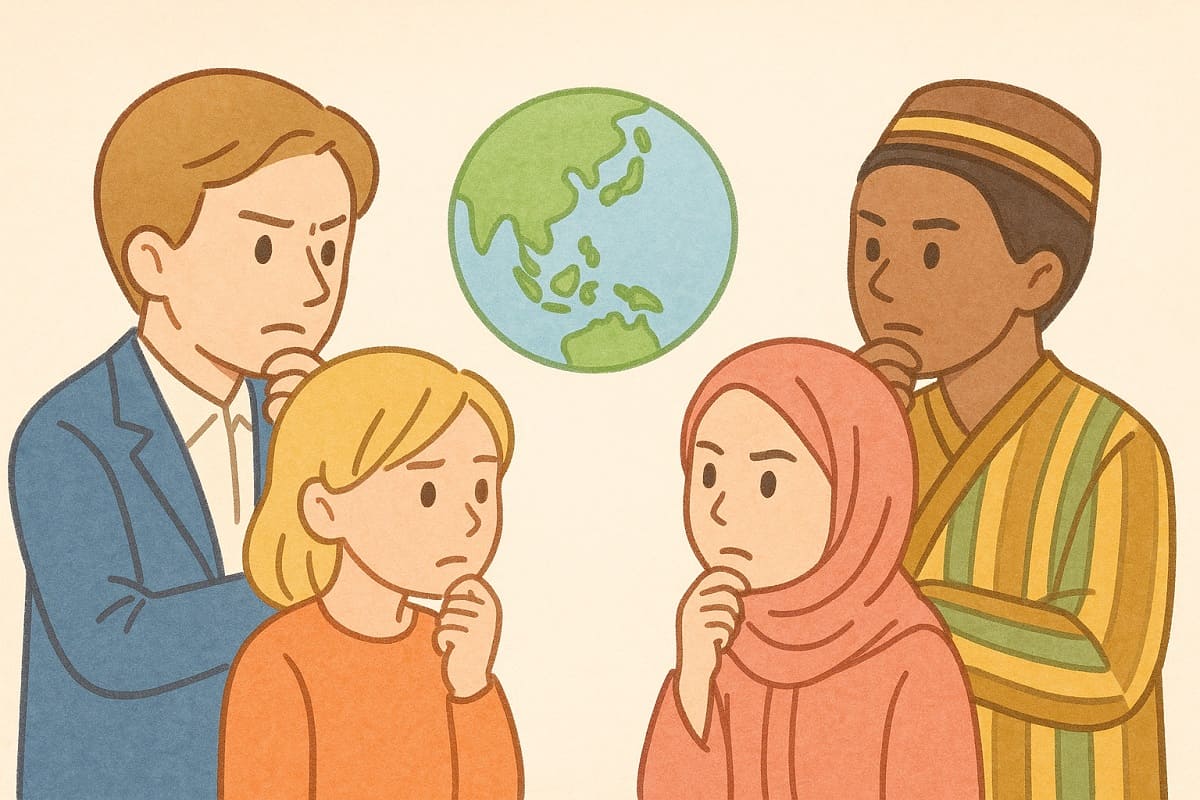
When we watch the news or think about international issues, we often see countries or ethnic groups in conflict over differences in religion, culture, or values. One way of understanding this is through the idea of a “clash of civilizations.”
This concept was proposed by American political scientist Samuel Huntington. He argued that future conflicts in the world would arise not so much between countries, but between civilizations with different cultural foundations.
But is it really impossible for different civilizations to understand each other? In this article, let’s take a closer look at this idea of a “clash of civilizations.”
Are “Western Values” Really Universal?
We often hear words like “freedom,” “democracy,” and “human rights.” These ideas are frequently spoken of as if they are universally correct values that apply to everyone, everywhere. But in reality, they were born from a specific culture—namely, the Christian culture of Western Europe and America.
For example, the ideas of “freedom” and “human rights” have their roots in Christian thought. These ideas developed over time in Western history, through events like the Reformation and political changes, eventually becoming the foundation of modern democratic and human rights thinking.
How the Reformation Gave Rise to the Idea of “Freedom”
The Reformation, which began in 16th-century Europe, was a movement led by those who questioned the Catholic Church. It encouraged people to read the Bible on their own and have a personal relationship with God.
Martin Luther, for example, believed that “all people are equal before God” and criticized the Church for claiming that only priests could connect with God. His ideas became the foundation for concepts like individual freedom and rights.
Furthermore, the separation between Church and State began to take shape. People started to believe that even kings and governments should have limits on their power. These ideas later developed into modern concepts like constitutional law and parliamentary democracy.
Where Did “Human Rights” Come From?
The idea of “human rights” also comes from Christian thought—specifically from the idea of “natural law.”
Natural law is the belief that all humans share certain basic traits and therefore certain moral standards. In other words, it is the belief that “every human being deserves to be treated with dignity.”
This idea was developed by medieval Catholic theologians and became the foundation for the modern idea of human rights—that people have rights simply because they are human.
But Are These Ideas Really Universal?
There is no doubt that freedom and human rights are important. But the problem arises when people forget that these ideas came from a specific culture—Western Christianity—and assume they should apply everywhere.
For example, in many parts of Asia or the Middle East, people place a higher value on family and community than on individual freedom. In such societies, when individual rights are overemphasized, people may feel that their own culture is being denied or rejected.
Huntington warned that such “cultural imposition” could lead to a global “clash of civilizations.”
Is the “Clash of Civilizations” Inevitable?
So, is a clash of civilizations truly unavoidable?
While Huntington was pessimistic, there is still hope. The key lies in not assuming that one’s own values are the only correct ones, and in recognizing that many different cultures exist in the world.
Western culture certainly has admirable aspects. But other cultures also have wisdom worth learning from. If we can accept that “it’s natural to be different” and that “we can learn from those differences,” then what we will see is not a clash, but a dialogue between civilizations.
Conclusion
Words like “freedom,” “human rights,” and “democracy” are key concepts in today’s global society. But by understanding where they come from, we gain a new perspective on the world.
This world is full of diverse cultures and values. That’s why dialogue, not confrontation, is essential.
The key to overcoming the “clash of civilizations” lies in how each of us responds to ideas that differ from our own.

